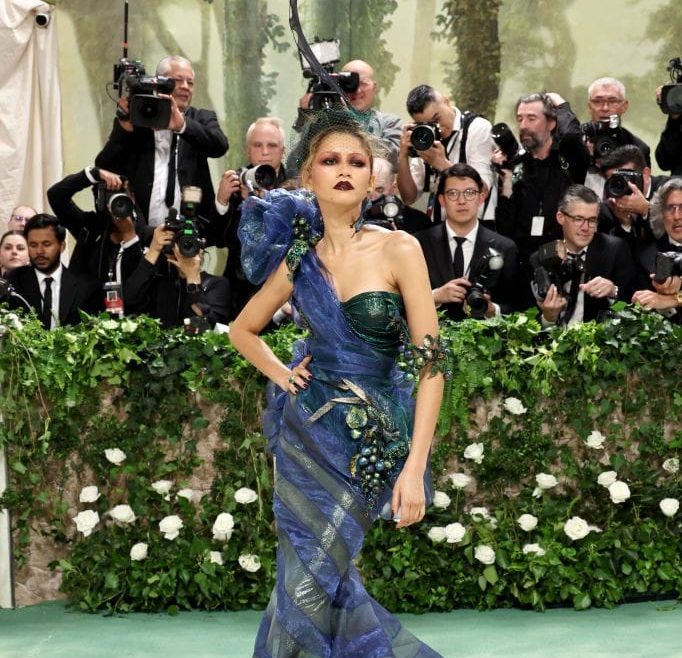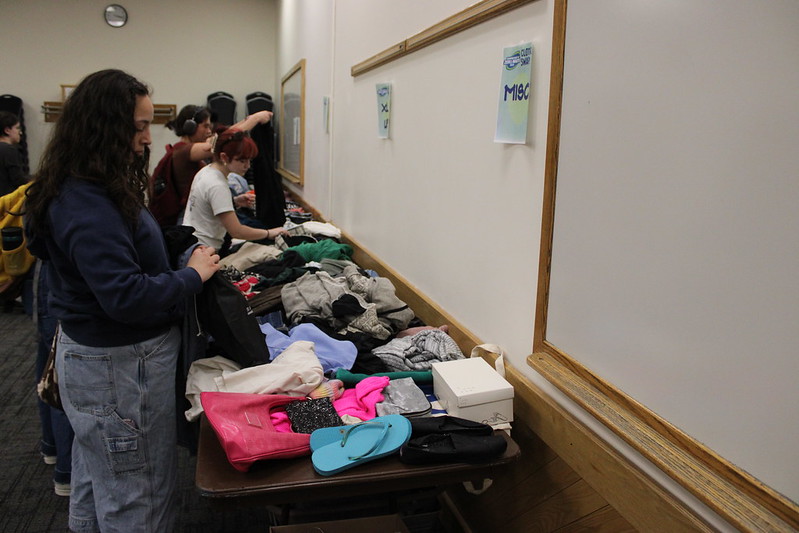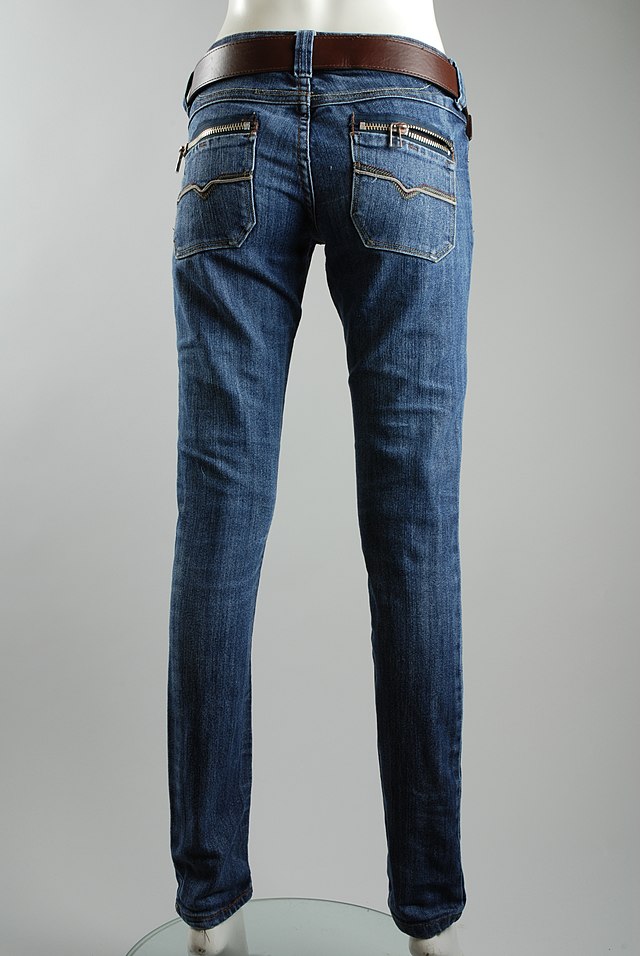
I challenge you to think about the last time you resisted the lure of bargain prices at a large chain store like Forever 21, H&M or ASOS over a more expensive and sustainable brand or product.
Never? Me neither.
I get it, I do. Living on a budgeted lifestyle of ramen noodles and public transportation doesn’t allow a lot of flexibility for luxurious shopping trips at high-end, ethically-sourced, fair-trade boutiques.
But consider the alternative: In big chain stores like the aforementioned Forever 21, ASOS or ZARA, the clothing produced is made quickly and cheaply to keep up with buyers growing demands to stay current and trendy – this is the ‘fast fashion’ model of business.
Pieces like this season’s popular velvet choker, satin bomber jacket or purposefully-destroyed boyfriend jeans were created almost instantaneously to mirror the trends of high profile celebrities, runway designs or street-style bloggers that people were trying to emulate. And, the reason they’re able to sell the clothing for what feels like an amazing bargain, is because their utilization of sweatshops and clothing mills that employ children as young as 12 and have little to no work place regulations.
Despite how easy it is to separate the blissful shopping experience of finding something you’ve been pining over without it costing way too much and the terrible conditions of sweat shop workers, they’re inseparable. Those bargains exist because companies like Forever 21 source unethical labor in third world countries where they pay their workers as little as one U.S. cent per hour for up to 100 hours per week, according to The World Counts.
The Garment Worker Center has been a useful source for employees suffering under these conditions, but stores like Forever 21 and H&M continue to prosper because of uninformed and heedless consumers.
Still unfazed by this concept?
According to the Clean Clothes Campaign, The Rana Plaza incident in Bangladesh in 2013 was “the worst ever industrial accident to hit the garment industry.”
In the collapse of Rana Plaza, 1,134 factory workers were killed or brutally injured, bringing worldwide attention to the hellish workplaces within the garment industry that big name companies like Forever 21 and H&M are using to create their clothing for such cheap prices.
So, who cares if that $10 shirt doesn’t make it into your next season’s wardrobe? The average person considers $10 to be pretty expendable. In fact, according to New England Public Radio, in 2014 “the average household spent an average $1,786 on apparel and related services.” That’s a lot of wasted t-shirts.
And where do you think those t-shirts go? Some will be donated to second-hand stores like Savers and the Salvation Army, but many will simply be thrown away, assuming their depressing future as distressed rags in landfill.
If making morally sound purchases isn’t your thing, maybe examine what the fast fashion business model does to the environment.
Often times, negative environmental impacts are thought of as littering or using aerosol cans that damage the ozone layer, but the apparel industry plays its own dirty part in climate change.
According to Eco Watch, “it can take more than 5,000 gallons of water to manufacture a t-shirt and a pair of jeans ” despite the fact that they’re made of organic materials, which doesn’t even include the dying process that is chemically intensive – which undoubtedly harms the environment.
In fact, according to the same article published by Eco Watch, cotton is one of the world’s thirstiest plants, taking up “more than its fair share of water,” and as we all know, much of our clothes are made of at least some percentage of cotton – a fabric the apparel industry has made seem like the most wholesome and long-standing option.
An industry that has long optimized glamour, luxury and ease is built off of some of the world’s seediest, most evasive business models – producing none other than “waste couture.”
Convinced that leaving your bargain-bin items in the dust will leave your trend-setting self along with it? Think again. The main lesson here is quality over quantity.
There are so many underrated, sustainable brands out there that could both eliminate your buyer’s guilt and teach you some more practicable purchasing habits.
Some of these fair trade, on-the-fringe brands include:
Krochet Kids
Krochet Kids is a U.S.-based company with artisan-made clothing that started amidst a brotherly love for crochet – a craze if you will. Years of college education and miles traveled around teaching the craft of crochet later, a group of friends started a nonprofit clothing company with ethical values and a desire for change.
Everlane
Everlane is another U.S.-based company who prides itself on its ethical-production process and radical transparency. Its clothing can be described as modern and elegant basics from favorite trusted designers. Everlane sends representatives around the world numerous times a year to investigate its apparel factories to ensure integrity.
People Tree
People Tree is a fair trade certified company out of the United Kingdom, which works exclusively with organic cotton and biodegradable materials. People Tree prides itself on giving an alternative to the fast fashion industry – by changing people’s definitions of ‘fair trade’ to fashionable and necessary.
Ash & Rose
Ash & Rose is a fair labor practices company based out of the U.S. that focuses much of its energy outside apparel on empowering women. Ash & Rose is a mother-daughter founded company with a special interest in working with designers who employ at-risk women in areas of little opportunity. Its clothing can be described as whimsical and romantic.
After all is said and done, the effects of fast fashion are impossible to ignore. So put down those $25 jeans and invest in something that will be good for you and your planet.
Gina Lopez can be reached at [email protected].



















